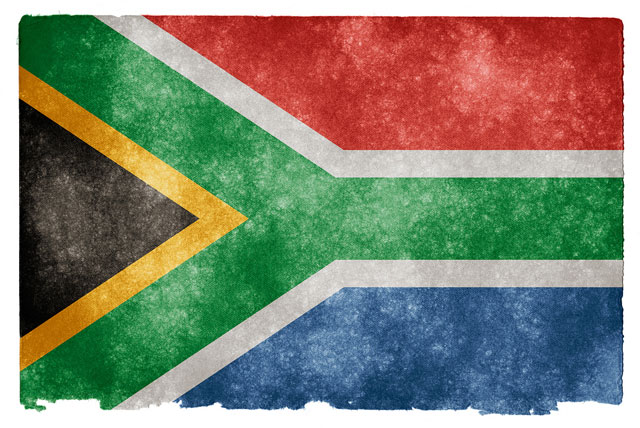
High levels of government intervention, high tax rates, complicated investment opportunities and a high level of trade union involvement have weighed down South Africa’s wealth scorecard, a study revealed on Tuesday.
New World Wealth analyst Andrew Amoils released findings that painted an average picture in terms of South Africa’s wealth prospects.
“Based on our research, the factors that encourage wealth growth in a country include strong ownership rights, strong economic growth, a well-developed banking system and stock market, free and independent media, a low level of government intervention, low income tax and company tax rates, ease of investment and a low level of trade union involvement,” his report explained.
South Africa’s average score was 50%. It was split up as follows (each out of 10):
Strong ownership rights 6/10: “This is the most critical component of successful wealth creation globally. In South Africa, black economic empowerment (BEE) has created an ownership issue, although it is by no means out of control. Many companies have been forced to hand over portions (up to 50%) of their business to BEE investors in order to continue operating, but on the positive front, ‘land grabbing’ without compensation has not occurred to date. Neighboring Zimbabwe offers a case in point as to what happens when ownership rights are threatened.”
Strong economic growth 4/10: “South Africa scores moderately here, with GDP growth of 1,9% and 1,6% in 2013 and 2014 respectively. Moderate growth of 2,2% is forecast for 2015, according to EIU Viewswire.”
A well-developed banking system and stock market 9/10: “South Africa has the best developed banking system in Africa and a well developed stock exchange. This encourages people to invest their money within the country and grow their wealth locally. It also ensures that any economic growth filters through to wealth creation.”
Free and independent media 9/10: “South Africa has a well developed free media including major independent publications such as the Beeld, Sunday Times, Business Day and the Mail & Guardian. This prevents government from getting away with wrongdoing. It also sets South Africa apart from most other African countries.”
Low level of government intervention 2/10: “This is arguably the largest problem in South Africa, as the ANC government increasingly tampers with the business sector. Ongoing issues include: government-owned monopolies such as Eskom, BEE ownership and compulsory affirmative action hiring requirements enforced by government. All of these factors create large inefficiencies within the economy.”
Low income tax and company tax rates 2/10: “South Africa has high tax rates when compared to other emerging markets in Africa and abroad. This deters business formation and expansion of businesses. Dubai and Singapore are examples of the power that tax rates can have in encouraging business formation — both have very low tax rates.”
Ease of investment 3/10: “South African exchange controls are a legacy of the apartheid government. They make it difficult and complicated for foreign companies to invest in South Africa. They also discourage local companies and individuals from doing business abroad. Perhaps of most concern, they show that the local currency cannot be maintained without interference.”
Low level of trade union involvement 3/10: “South Africa’s unions have become increasingly active over the past five years, which has driven up wages and hence pushed up unemployment and inflation. It has also resulted in the closure of several mines and discouraged new business formation. The recent postal and platinum strikes lasted almost five months.” — Fin24


